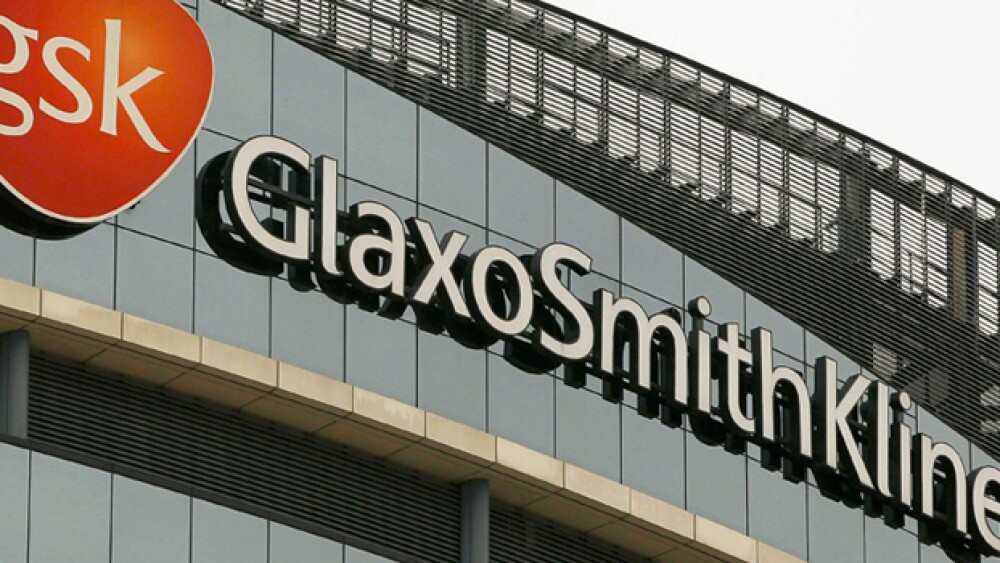GlaxoSmithKline CEO Emma Walmsley is eying a big acquisition to spur revenue growth but is making sure that her company will not overpay.
GlaxoSmithKline Chief Executive Officer Emma Walmsley is eying a big acquisition to spur revenue growth but is making sure that her company will not overpay.
At the J.P. Morgan Healthcare Conference, Walmsley, who helmed GSK’s consumer healthcare business before assuming the role of CEO, told reporters that GSK “would have a look” at Pfizer’s consumer products business. But, Reuters noted, if the company does seek a deal, Walmsley wants to make sure it is for a fair price.
In October 2017, Pfizer Chief Executive Officer Ian Read announced that the company could sell off its consumer division, which has some well-known brand names including Advil, Robitussin, Chapstick lip balm and Preparation H. In 2016, Pfizer’s consumer division brought $3.4 billion of revenue into Pfizer’s coffers. At the time, Pfizer announced it could sell off the division, and Read said the consumer division was a strong connection between consumer products and the company’s biopharmaceutical businesses. It was also distinct enough that “there is potential for its value to be more fully realized outside the company.”
If Pfizer does sell off that asset, it could go for as much as $15 billion. Following Pfizer’s announcement in October, BioSpace reported that GSK was intrigued by the possibility of acquiring the Pfizer division but wanted to focus on its top priority of its pharma business. Walmsley continues to hold to that focus. Responding to questions at JPM on Tuesday, Walmsley said it would “be weird” if GSK didn’t take a hard look at the opportunity but added that “we don’t need it and we won’t overpay for it,” Reuters reported. While Walmsley said GSK doesn’t need the Pfizer division under its umbrella, she did tell reporters there “are a very small number of assets” that would be complementary to GSK’s consumer products. Reuters said.
Despite that piqued interest, Walmsley reiterated that GSK has a commitment to its pharmaceuticals and pharma R&D business.
In November, a month after Pfizer announced it was open to selling off the consumer healthcare business, GSK signaled its sincerity in strengthening its pharma business. Last year during a second quarter financial report, Walmsley pointed to the company’s pharmaceutical division as a catalyst for change. She said the company needs to pull full value from recent and upcoming product launches, make improvements in its cost base, and strengthen its pipeline. In July, Walmsley announced a major shakeup to the company’s R&D programming. R&D accounts for 16 percent of the company’s revenue, but it will soon be facing declines with the lack of new blockbuster drugs and the loss of market share to generic challenges to its asthma drug, Advair. The company closed more than 30 preclinical and clinical programs and said it will allocate 80 percent of its research-and-development budget to respiratory and HIV/infectious diseases. Additionally, GSK plans to strengthen its oncology and immuno-inflammation areas.





